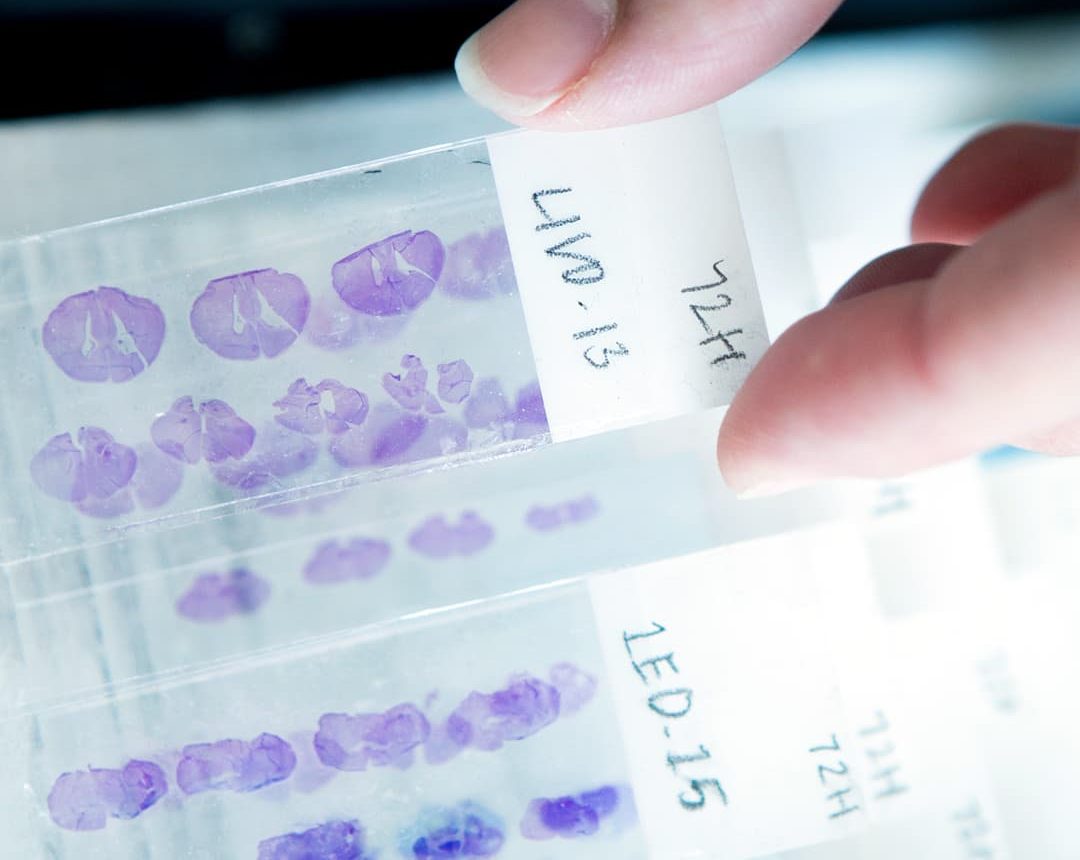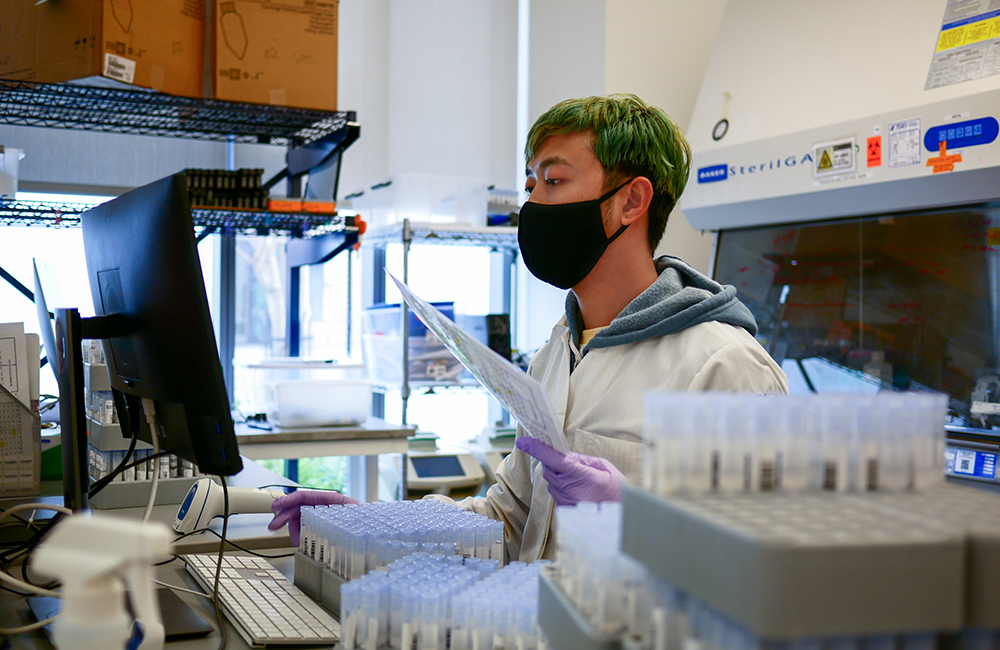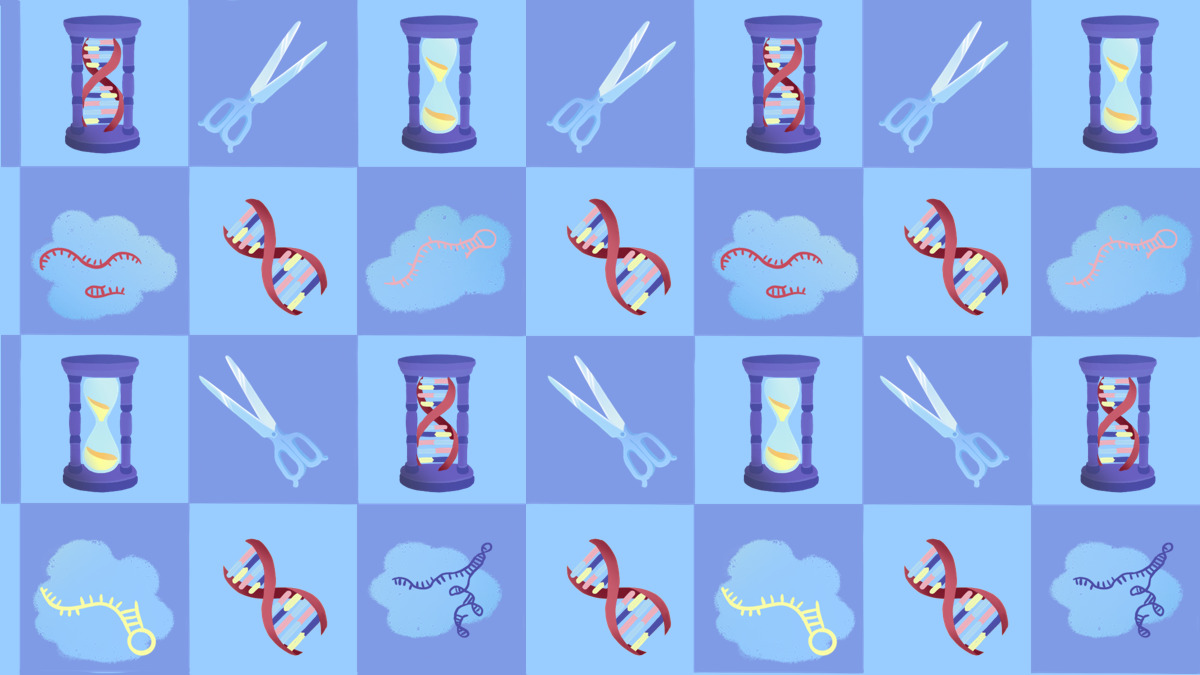Genomics
Institute
Human Health
The IGI is working to make CRISPR the standard of care for all genetic diseases.
Mutations in single genes cause more than 5,000 human diseases. Scientists have known the cause of many genetic disorders for years, but until now there has been no way to treat them. The IGI aims to use CRISPR-based treatments to correct disease-causing mutations in cells, animal models, and eventually human patients.


Key Goals

Center for Translational Genomics
The IGI Center for Translational Genomics (CTG) is a first-of-its-kind innovation hub for gene-editing research and development of targeted treatments for intractable genetic diseases. The CTG's aim is to accelerate the timeline from a diagnosis to a cure, and eventually provide customized treatments to individuals living with these conditions.
Flagship Projects

Danaher-IGI Beacon for CRISPR Cures
The Beacon for CRISPR Cures aims to create a roadmap for rapidly developing genome-editing therapies.
The IGI is partnering with Danaher, a leading global life sciences and diagnostics innovator, to create a new collaborative center with the goal of scaling up and accelerating the development of CRISPR-based cures for rare diseases and beyond.

Sickle Cell Initiative
We are advancing the first not-for-profit clinical trial of a genomic medicine for sickle cell disease.
IGI investigators are working with a consortium of researchers at UC Berkeley, UCSF, and UCLA on a clinical trial using CRISPR technology developed at the IGI to directly correct the mutation that causes sickle cell disease Our holistic approach to sickle cell disease includes partnering with the sickle cell community, public education, and finding new models to make therapies accessible to those who need it.

Interventional Genomics
We are creating the diagnostics and tools to enable the future of genomic medicine.
Researchers in the IGI Clinical Laboratory are developing critical assays to assess the safety and efficacy of new genome-editing therapies in clinical trials at a molecular level, and are developing the necessary tools and infrastructure to enable a future in which interventional genomics becomes a standard practice in hospitals around the world.









